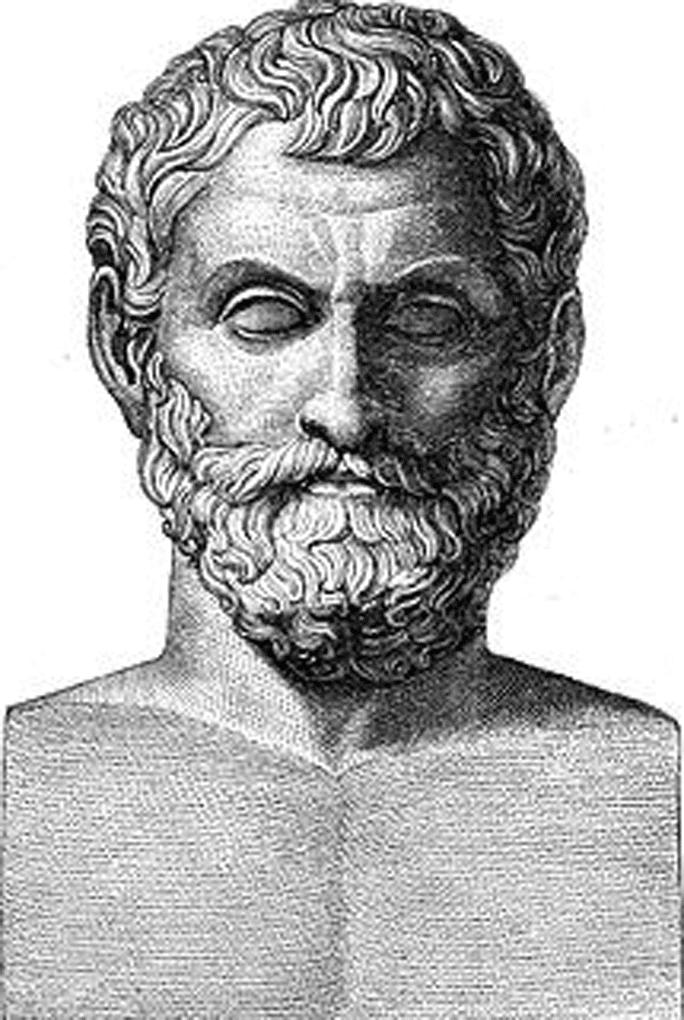The answer to this question depends upon what you mean by “smarter.” Those who are currently living in countries, where education is widespread, are much more sophisticated in their knowledge of science than the ancient cultures that knew little of physics, chemistry or biology. Our current civilizations enjoy the benefit of thousands of years of cumulative knowledge that has grown since the beginning of human history. Consequently, we are better informed about science and technology than most people in the ancient world.
However, when it comes to intellectual acuity, the kind measured by IQ tests or intellectual creativity, as measured by achievements, the variance among individuals is greater than the variance between the ancient and current populations. For example, great intellects like Thales, Socrates, Plato, Aristotle, Euclid, Confucius, Buddha and others were far more intelligent than most people alive today.

If we ask whether the brilliant people of the ancient cultures were more intelligent than the intellectual giants of recent generations, our best guess is based upon statistics. Probability theory predicts that the best poker hand in 100 will probably be better than the best poker hand in the first 10. Similarly the most intelligent person in a country of 1 billion people will probably be more intelligent than the most intelligent person in a country of 1 million people. Since the world population in 200 BCE is estimated to be about 200 million and the present world population is about 8,000 million, it is likely that those of highest intelligence in recent generations are more intelligent than those of highest intelligence in the ancient world. Of course, the Flynn Effect and the Reverse Flynn Effect suggest that the average intelligence of a population fluctuates across generations. (See: Are Humans becoming Less Intelligent? – Intelligence and IQ ) Furthermore, cultures vary in their ability to nurture genetic gifts, so there is considerable variability in intelligence across cultures.
